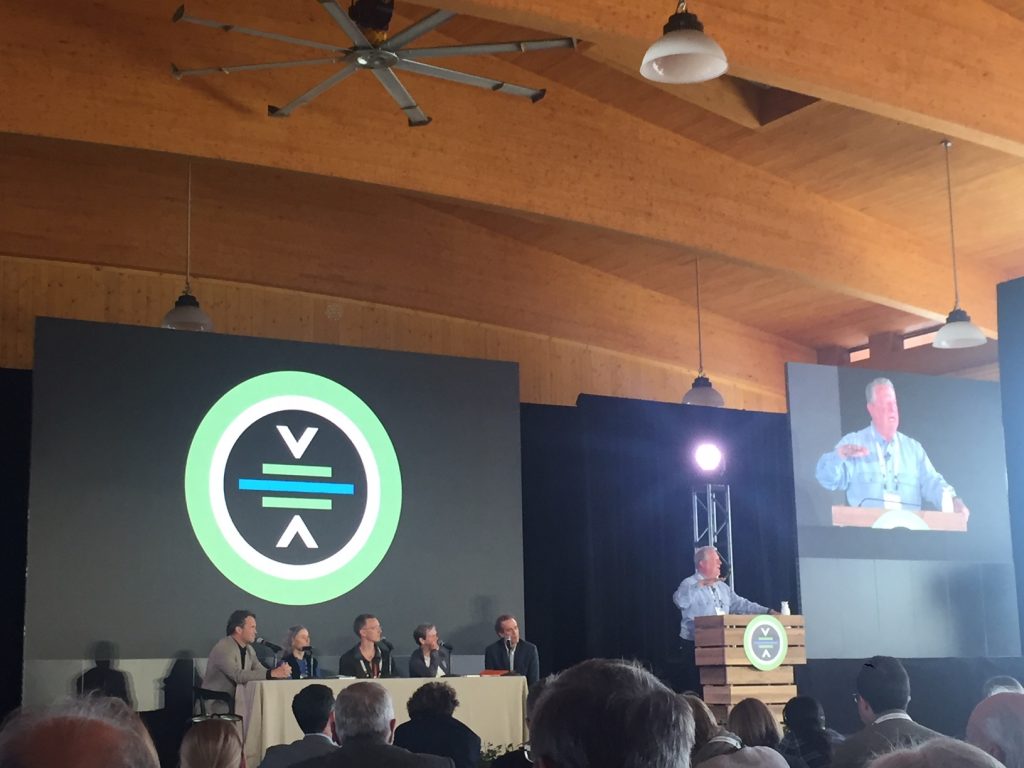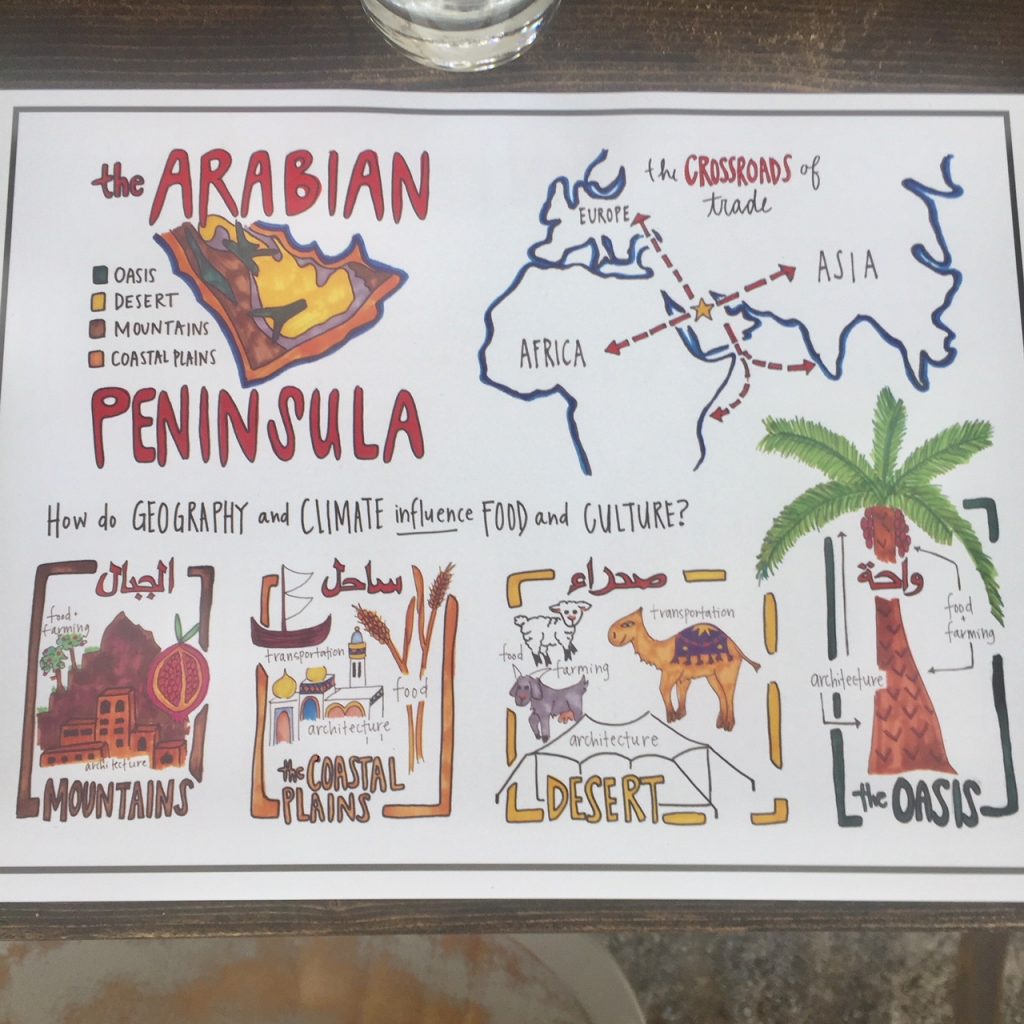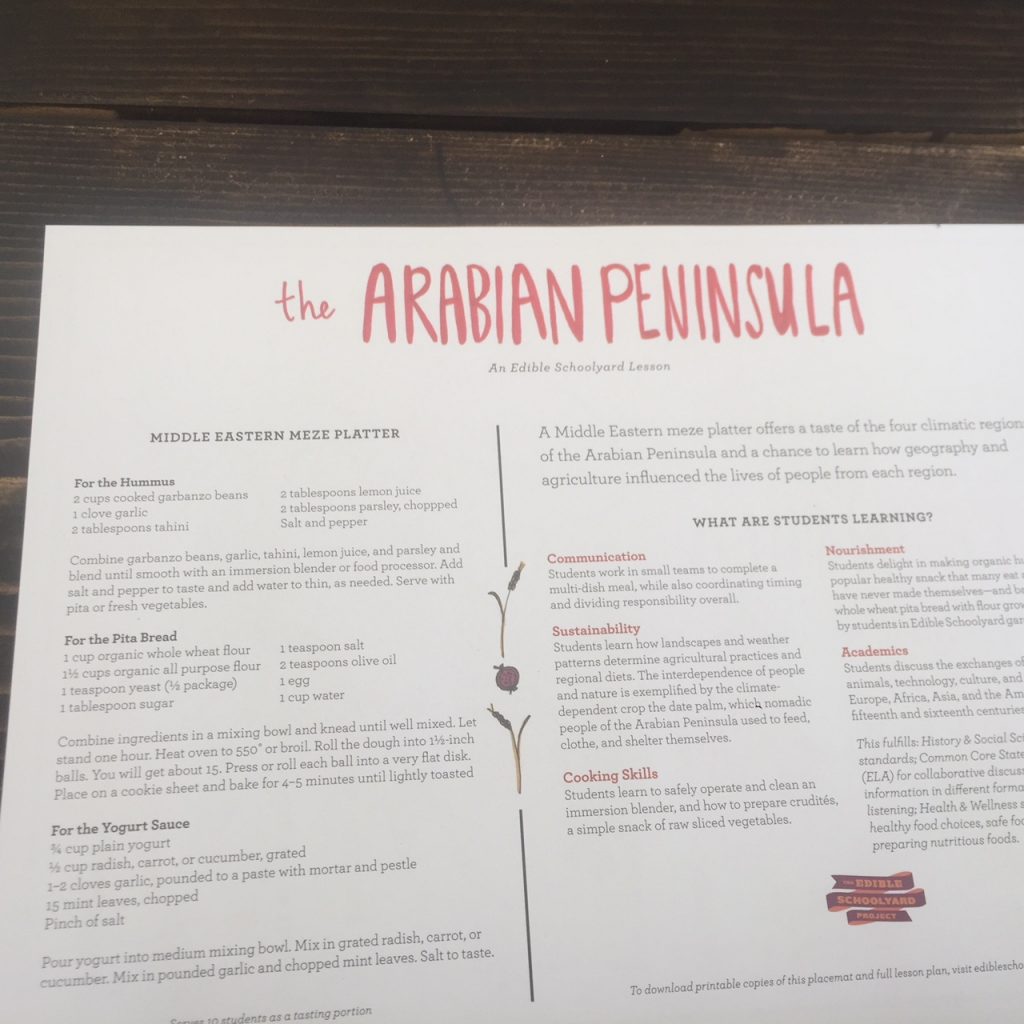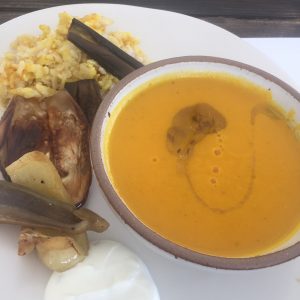Happy New Year!
I’m resurfacing with an even stronger desire to make change in our local communities and schools. I am finally posting about an excellent summit I was fortunate enough to be able to attend last October in Tennessee.

The Climate Underground was a two-day conference hosted by former Vice President Al Gore at his farm in Carthage, Tennessee. The conference convened leading farmers, scientists, entrepreneurs, chefs, researchers, policymakers, and other experts to explore the intersection between soil health, food, and healthy communities.
Healthy Soil. How often do we actually think about it? Yet not only is carbon a huge carbon sink, but it is also a necessity for our survival. We specifically have laws to protect our air and water (whether they are strong enough or not), but we also need to protect our soils.
Farmers who are responsible for growing our food directly, and the food that animals eat, are not rewarded for doing anything the “right” way. Inputs such as pesticides or manmade fertilizers and monoculture crops can increase yields short-term but are extremely harmful to long-term survival. You can read more specifics about the event in this interview ”
We really need to wake up quickly: Al Gore warns of a looming food crisis caused by climate change
There were scientists, policymakers, farmers, climate activists, chefs and more who have all been invited to this special event. My partner for Greener World Lunches, Katie Cantrell from Factory Farming Awareness Coalition was supposed to attend but had to cancel due to illness. She gave me a card for Al Gore, and I made sure to hand-deliver it to him and distribute her organization’s literature. After I talked to Al Gore about Katie, I let him know how inspiring his Climate Reality Leadership Training was to me personally and that it had caused me to be much more engaged in acts of leadership, he seemed very excited about that and shook my hand enthusiastically.
I was specifically interested in Alice Waters’ The Edible Schoolyard Project, and how that can inspire Greener World Lunches. For both days of the summit, Alice Waters’ menu featured local, seasonal, vegetarian school lunches. These were served family-style by children from local Tennessee non-profit Plant the Seed which shapes community and school gardens into outdoor classrooms to educate and empower under-resourced young people.
“We see Cultural diversity and multicultural understanding are guiding principles in our work, manifested in making culturally-relevant foods available to include in school gardens, as well as sharing foods with each other.”
This has been a goal of Greener World Lunches and has already been happening in a few dishes at Portland Public Schools.
It was truly an honor and inspiration to be able to attend this conference, and I look forward to working with our local organizations and highlighting this important effort in our area. Here is an educational placemat/menu from one of our meals created by the Edible Schoolyard Project that shows how a cultural meal, using locally-grown food, can be made using plant-based foods and incorporated into the learning experience.




I was lucky enough to meet and talk for our long bus ride from Nashville to Carthage with Laurie David, Executive Producer of The Biggest Little Farm. I had just watched it on Redbox, where it is still available, and had been telling everyone to watch it. I could not stop thinking about it, and everyone who I’ve talked to that has watched it has been similarly moved by it.
The movie chronicles the eight-year quest of John and Molly Chester as they trade city living for 200 acres of barren farmland and a dream to harvest in harmony with nature.
Through dogged perseverance and embracing the opportunity provided by nature’s conflicts, the Chester’s unlock and uncover a biodiverse design for living that exists far beyond their farm, its seasons, and our wildest imagination.
Featuring breathtaking cinematography, captivating animals, and an urgent message to heed Mother Nature’s call, The Biggest Little Farm provides us all a vital blueprint for better living and a healthier planet.
Besides meeting leaders who are truly making a difference, I have so much more of an appreciation and understanding of the importance of the ground we walk on and how we need to protect and nurture it for our own survival. This needs to be done on a large-scale level of course, and farmers are seeing the advantages of making their land more resilient, but we can also create our own carbon gardens wherever we have a plot of land, such as in our yards, community gardens and schools. Sequestering carbon and regenerative farming is a critical part of climate action.

